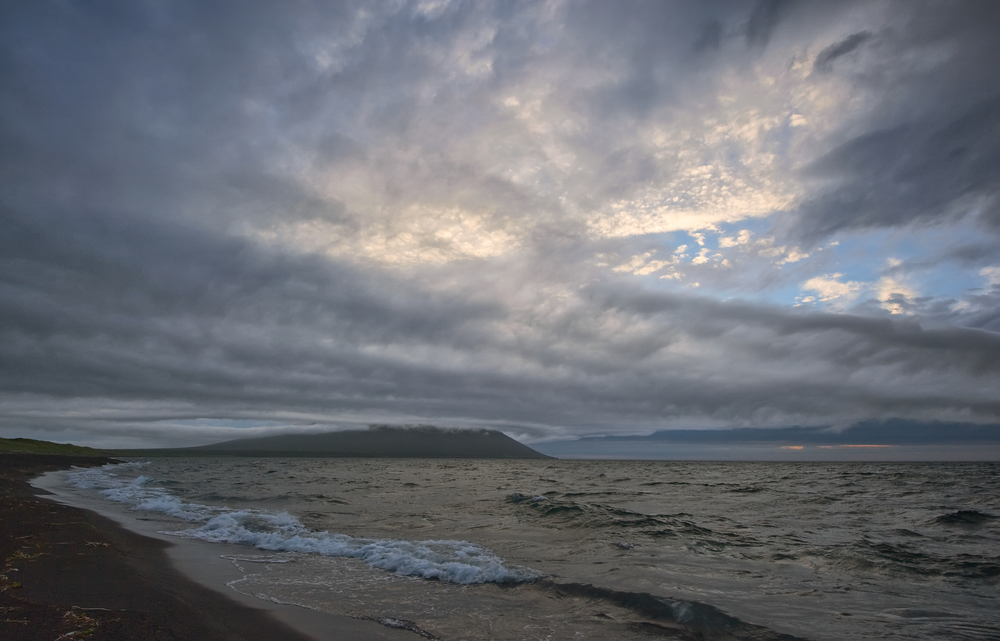Russia, Japan, and the Disputed Islands

Please note that we are not authorised to provide any investment advice. The content on this page is for information purposes only.
Russian Deputy Prime Minister Yuri Trutnev’s visit in August 2015 to Iturup, one of the four islands contested by Japan and Russia, flared up a war of words between the two countries. Shortly after the Russian Prime Minister Dmitry Medvedev also visited the island. The visits highlighted how the unresolved territorial dispute continues to be a major stumbling block in the bilateral relations, and that Moscow and Tokyo continue to hold divergent views on the implications of World War II.
Russian Deputy Prime Minister Yuri Trutnev’s visit in August 2015 to Iturup, one of the four islands contested by Japan and Russia, flared up a war of words between the two countries. Shortly after the Russian Prime Minister Dmitry Medvedev also visited the island. The visits highlighted how the unresolved territorial dispute continues to be a major stumbling block in the bilateral relations, and that Moscow and Tokyo continue to hold divergent views on the implications of World War II.
When then-President Dmitry Medvedev previously made a trip to the Northern Territories (referred to in Russia as the Southern Kuril Islands) in November 2010, it arguably caused Russo–Japanese relations to deteriorate to their all-time low since the break-up of the Soviet Union. Whenever a Russian official or politician visits the disputed islands, it invariably becomes a matter of criticism from the Japanese Ministry of Foreign Affairs, as well as the media.
This time, Trutnev’s visit was called ‘incompatible with Japan’s stance’ on the dispute. The Russian Foreign Ministry retorted by calling Japan’s comments ‘unacceptable’ and arguing that by ‘spreading its baseless claims’ to the islands, it demonstrated a ‘dismissive attitude’ towards the results of the Second World War. While this statement comes across as surprisingly undiplomatic and aggressive, the crux of the matter lies in Russia and Japan’s seemingly irreconcilable positions on the Northern Territories.
Japan maintains that by occupying the islands of Iturup, Kunashir, Shikotan and Habomai in 1945, the USSR violated the 1941 Soviet–Japanese Neutrality Pact (while the Soviet Union denounced the pact before declaring war on Japan, it remained in effect until 1946). The Soviet Union had previously never laid claims to the islands, which had belonged to Japan as per the Saint Petersburg Treaty of 1875.
Japan relinquished all claims to the Kuril Islands in accordance with the 1951 San Francisco Treaty. But the treaty did not specify who was to gain sovereignty over the islands. This, together with the fact that the USSR refused to sign the treaty, created something of a legal loophole, which Japan continues to appeal to today. Meanwhile, Russia argues that it holds sovereignty over the disputed territories as the successor state to the Soviet Union, which acquired them in the last days of World War II.
The two countries’ views on how to resolve the issue vary drastically as well. In 1956, the USSR and Japan signed a Joint Declaration in lieu of a peace treaty. Article 9 of the Declaration stated that the USSR agreed to hand over Shikotan and Habomai to Japan but only after the conclusion of a peace treaty. The Declaration has been acknowledged — with caveats — by Russian President Vladimir Putin, and thus, for all intents and purposes, constitutes Russia’s official stance on the dispute. Conversely, Japan has insisted that Russia is illegally occupying the four islands and they should return all of them regardless of a peace treaty.
The countries’ inflexibility on the issue is to a large extent dictated by domestic politics and public opinion at home. In Japan, 7 February is the ‘Northern Territories Day’ and political rallies in support of reclaiming the islands take place at various places around the country. While these events attract various far-right groups, they are frequented by mainstream Japanese politicians as well (in particular, then prime minister Naoto Kan led the 2011 rally).
While the current Prime Minister Shinzo Abe has shown eagerness to mend the Russo–Japanese ties, he did attend the 2015 Northern Territories day, and Russia’s annexation of Crimea in March 2014 and its involvement in the war in South Eastern Ukraine have caused him to impose anti-Russia sanctions, thwarting the potential détente.
In the wake of Crimea’s annexation, Japanese public opinion towards Russia has decreased further, with 73 percent holding an unfavourable view of Russia. Resolving the territorial dispute on Russia’s terms is likely to be perceived as acquiescence, and would no doubt deal a fatal blow to Abe’s — or indeed any prime minister’s — credibility.
A similar situation is in Russia. A 2014 survey found that 55 percent of Russians characterised relations with Japan as ‘cool’ or ‘inimical’, and a 2009 survey found that over 89 percent were against handing the disputed islands over to Japan. Mere negotiations with Japan on the issue construe as betraying Russia’s national interests. And Soviet involvement in World War II is sacrosanct to most Russians. Doubts over the legitimacy of some of the Soviet actions during the war aren’t normally even part of public discourse.
Putin is supposed to visit Japan later in 2015, but regardless of whether the Russian leader’s visit to Tokyo happens or not, any tangible progress in the territorial talks is highly unlikely at this point. Both sides have long since settled on their respective stances on the matter, and making any concessions will be tantamount to a political suicide for both Putin and Abe. In the end, Japan and Russia’s views on the basic principles of the dispute’s resolution are simply too disparate. Any potential negotiations, at least in the near future, will amount to nothing of consequence.
The Northern Territories remain the stumbling block in Russo–Japanese relations is republished with permission from East Asia Forum




